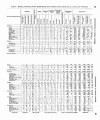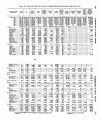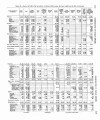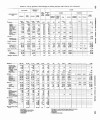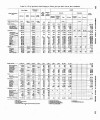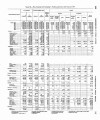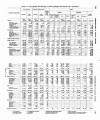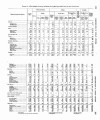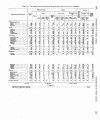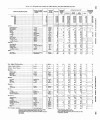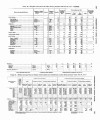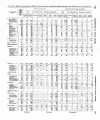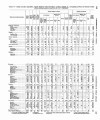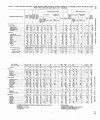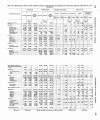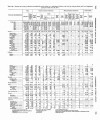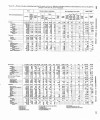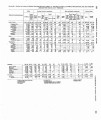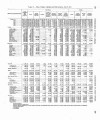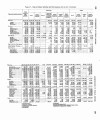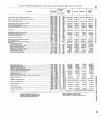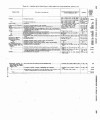| Title |
Annual Report of the Commissioner of Indian Affairs - 1917 |
| Subject |
Indian reservations; Federal government; Indians of North America; Maps; Work; Land use; Allotment of land; Treaties; Agriculture; Timber; Health; Indians of North America--Social life and customs; Water rights; Natural resources; War; Livestock; Grazing; Education; Indians of North America--Education; Annuities; Employment (Economic theory); Irrigation; Courts; Missionaries; Religion; Indigenous peoples--North America |
| Keywords |
Annual Report; Indian Agency; Reservations; Military; Land Rights; Trade; Tribal Funds; Allotment; Mining; Native Americans |
| Publisher |
Digitized by J. Willard Marriott Library, University of Utah |
| Tribe |
Ute |
| Band |
Uintah |
| Language |
eng |
| Description |
Excerpts concerning Utah from the Annual Report of the Commissioner of Indian Affairs - Courtesy of the University of Wisconsin Digital Collections. Commissioner Sells suggests taking an individual rather than a collective approach to Indian policy in order to find solutions that work for all parties involved. Commissioner Sells also describes Indian involvement on behalf of the U.S. in WWI, efforts to stop the spread of infectious diseases, the importance of establishing sustainable farming practices, provisions made for the homeless, court decisions involving land access and land rights, etc. The Commissioner provides statistical data to supplement his report, including data pertaining to Utah and the Uintah Ouray Reservation |
| Type |
Text |
| Coverage |
Uintah and Ouray Indian Reservation (Utah); Utah; Washington (D.C.) |
| Format |
application/pdf |
| Rights |
Digital Image © 2011 America West Center. All Rights Reserved |
| ARK |
ark:/87278/s6nw2dx6 |
| Creator |
Commissioner of Indian Affairs; Sells, Cato, 1859-1948 |
| Date |
1917 |
| Spatial Coverage |
Uintah and Ouray Indian Reservation (Utah); Washington (D.C.); Utah |
| Setname |
uaida_main |
| ID |
377157 |
| Reference URL |
https://collections.lib.utah.edu/ark:/87278/s6nw2dx6 |






















































































